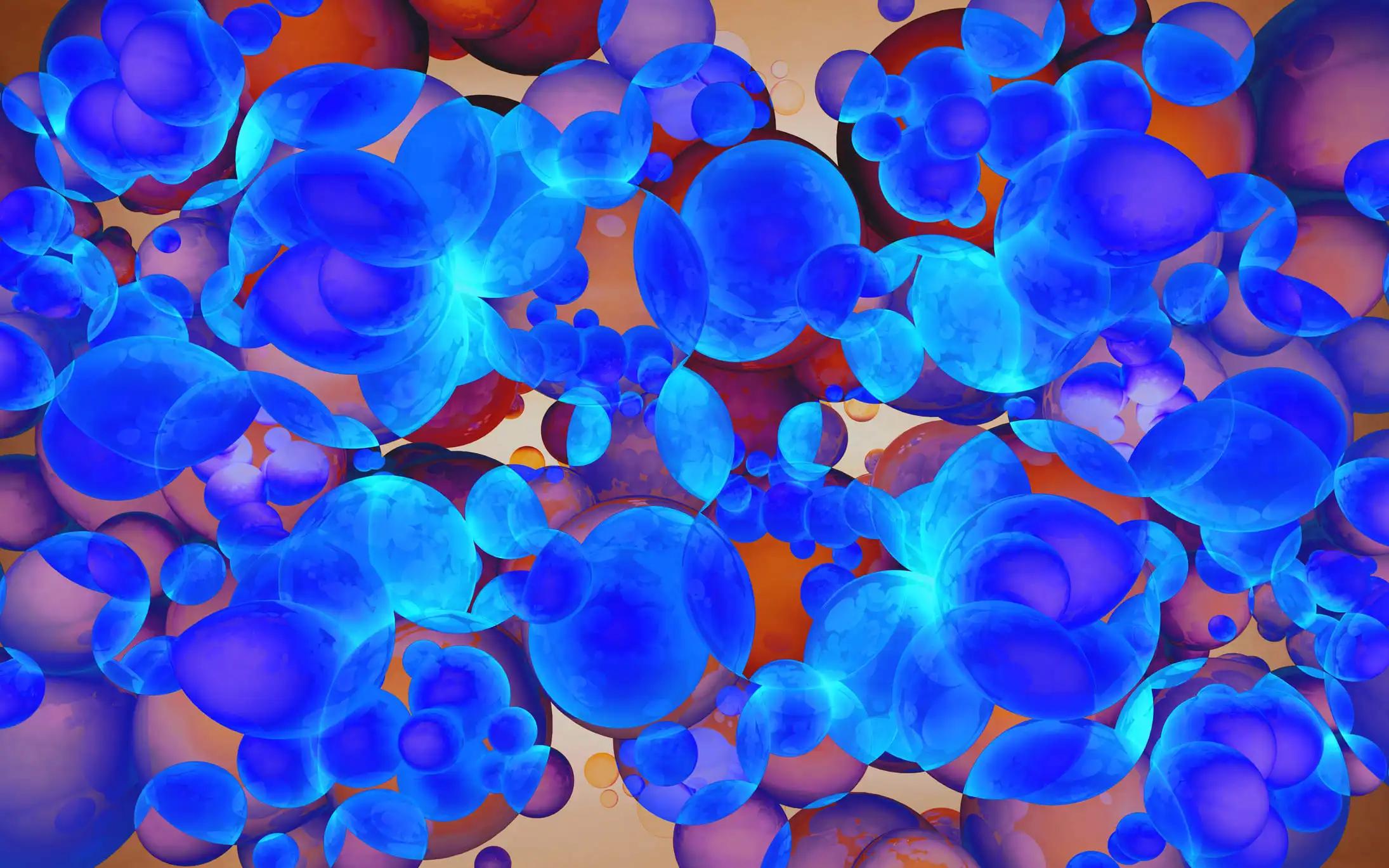KEY TAKEAWAYS
- The phase I clinical trial investigated the safety and efficacy of SG+EV for treating mUC.
- The study showed SG+EV was safe, with an ORR of 71% in pts with treatment-refractory UC.
The study included metastatic urothelial carcinoma (mUC) patients (pts) with an ECOG score of 1 or lower who had either progressed after platinum and immunotherapy treatments or were ineligible for cisplatin but had received one prior line of treatment. Treatment consisted of sacituzumab govitecan (SG) and enfortumab vedotin (EV) administered on days 1 and 8 of a 21-day cycle, continuing until either disease progression or intolerable side effects occurred.
Adjustments were made to determine the safe and effective dosage based on the incidence of dose-limiting toxicities (DLTs) during the first cycle. Patients were treated at four predetermined dose levels, utilizing a Bayesian Optimal Interval design. The evaluation of adverse events followed the CTCAE 5.0 guidelines.
Between May 2021 and April 2023, 24 pts were enrolled across three dose levels (9 at DL1, 9 at DL2, and 6 at DL3) for the trial. As of May 1, 2023, 23 pts had sufficient data for evaluating DLTs; one patient in DL3 never initiated treatment. The average age of participants was 69, ranging from 41 to 88 years, and 22 pts had undergone at least two prior lines of therapy. Prophylactic granulocyte-stimulating factor (GCSF) became permissible after two pts in DL1 developed febrile neutropenia, and subsequently, 18 pts received GCSF. A total of 70% of pts experienced adverse events of grade 3 or higher across all dose levels.
One grade 5 adverse event, pneumonitis potentially linked to EV, was noted during cycle 2 in a DL3 patient. Based on DLT assessments, DL2 was chosen for future research. Of the 21 pts evaluated for response, the objective response rate was 71% (15 out of 21, with a 90% confidence interval of 51-87%), including two complete and 13 partial responses. Two pts showed disease progression. The median follow-up time was 11.9 months, with 11 out of the 15 responses still ongoing, ranging from 1.1 to 21.6+ months.
The combination of SG and EV demonstrated safety and achieved an objective response rate (ORR) of 71% in pts with treatment-refractory urothelial carcinoma. Additional cohorts for the DAD expansion, targeting both treatment-resistant and treatment-naïve settings, are currently in development. Exploration of triplet therapy with immunotherapy is also ongoing.
Source: https://cslide.ctimeetingtech.com/esmo2023/attendee/confcal/show/session/27
Clinical Trial: https://classic.clinicaltrials.gov/ct2/show/NCT04724018
McGregor, B.A. The double antibody drug conjugate (DAD) phase I trial: Sacituzumab govitecan (SG) plus enfortumab vedotin (EV) as ≥ second-line therapy for metastatic urothelial carcinoma (mUC).



